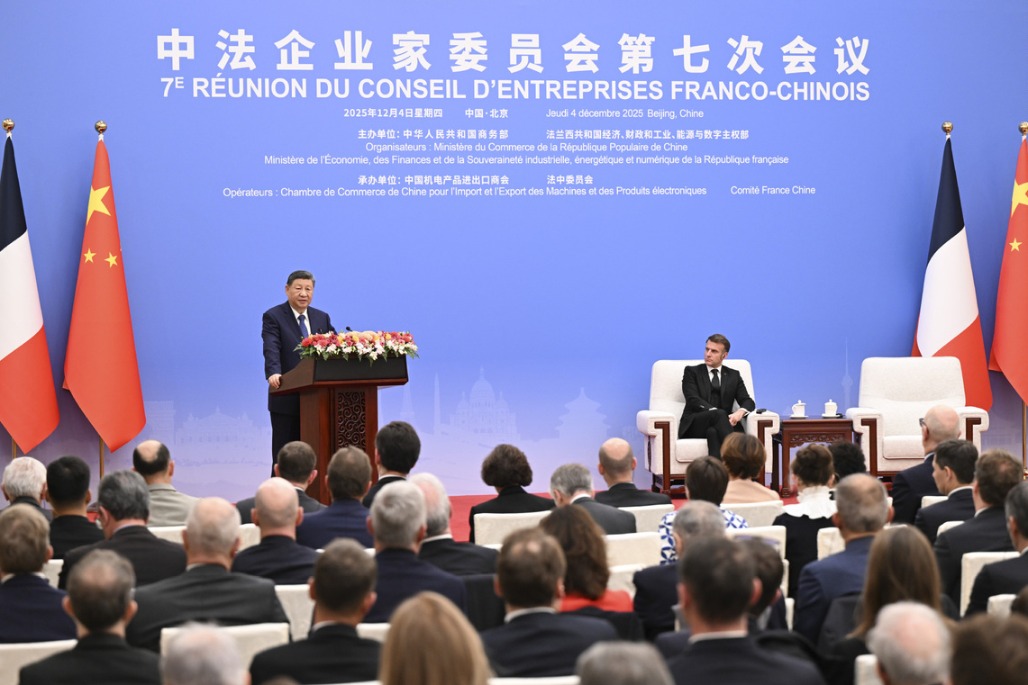A cluster awash with opportunities
By Zhou Wenting | China Daily | Updated: 2019-01-11 08:05

Young people are increasingly open to working in fast-developing cities in the Yangtze River Delta, as integrated development moves forward, Zhou Wenting reports.
Like many of her peers, Wu Chenghui was only interested in landing a job in either Shanghai or Beijing -major Chinese cities that are deemed to have the best job prospects and highest salaries.
But Wu, who is a senior at Shanghai Maritime University, later realized that the opportunity cost for Beijing is too high after having to travel to the capital twice for job interviews.
With competition for jobs in Shanghai as fierce as ever, her focus has shifted since the start of last year to fast-developing, smaller cities that are in need of talent.
During a Dec 2 job fair in Shanghai that was jointly organized by human-resources authorities from Shanghai, and Zhejiang, Jiangsu and Anhui provinces, one of the jobs she applied for was at the Industrial and Commercial College of Anhui University of Technology in Maanshan city.
"Anhui has been undergoing rapid development over the past few years. Also, the Anhui-based University of Science and Technology of China has been making great strides in artificial intelligence and quantum technology. And this has in turn resulted in the formation of a cluster of high-tech enterprises and schools in the province," says the 23-year-old.
The job opportunity at the college, she adds, is one product of this prosperity in the province. The school is a joint venture between the Anhui University of Technology and Shenzhen Sunwin Intelligent Co.
"Compared with neighboring Zhejiang and Jiangsu, Anhui is more tranquil and it suits those who want to teach and work on research projects," Wu says.
"But it doesn't mean that I will compromise for a relaxed life. There is no city where young people can settle down without hard work."
Li Ming, deputy director of the Shanghai Human Resources Service Center, points out that job applicants' choices have become more diverse, especially when other cities now have their own competitive edges in different fields. Moreover, the salaries for fresh graduates within the delta region don't vary much.
He adds that the number of employers from outside of Shanghai attending the job fair has been growing over the past few years. Last year, 100 out of the 540 employers were from other places.
In fact, the annual job fair is usually held only in April. Last year, the organizers decided to hold another event in December to promote talent flow in the delta.
The Yangtze River Delta region includes Shanghai, and Zhejiang, Jiangsu and Anhui provinces. The 26 major cities in the region contribute nearly 20 percent of China's GDP and account for 10 percent of the country's population.
























